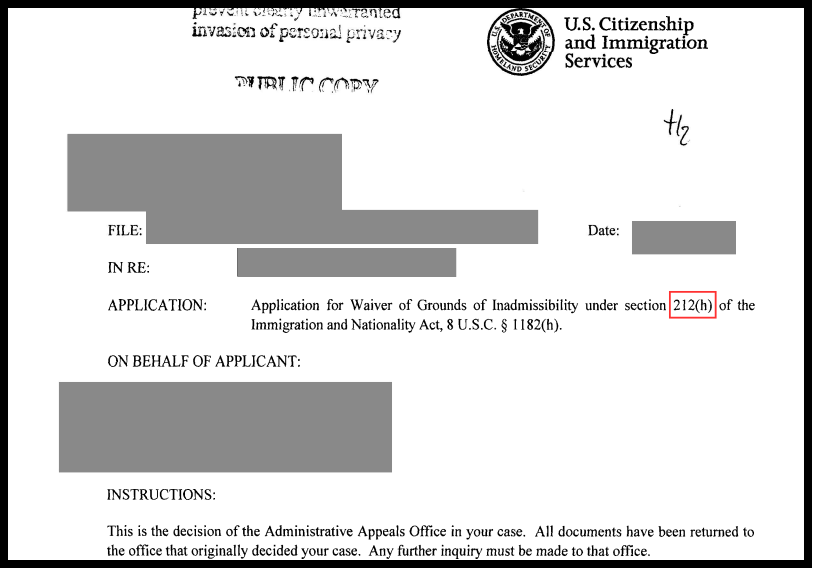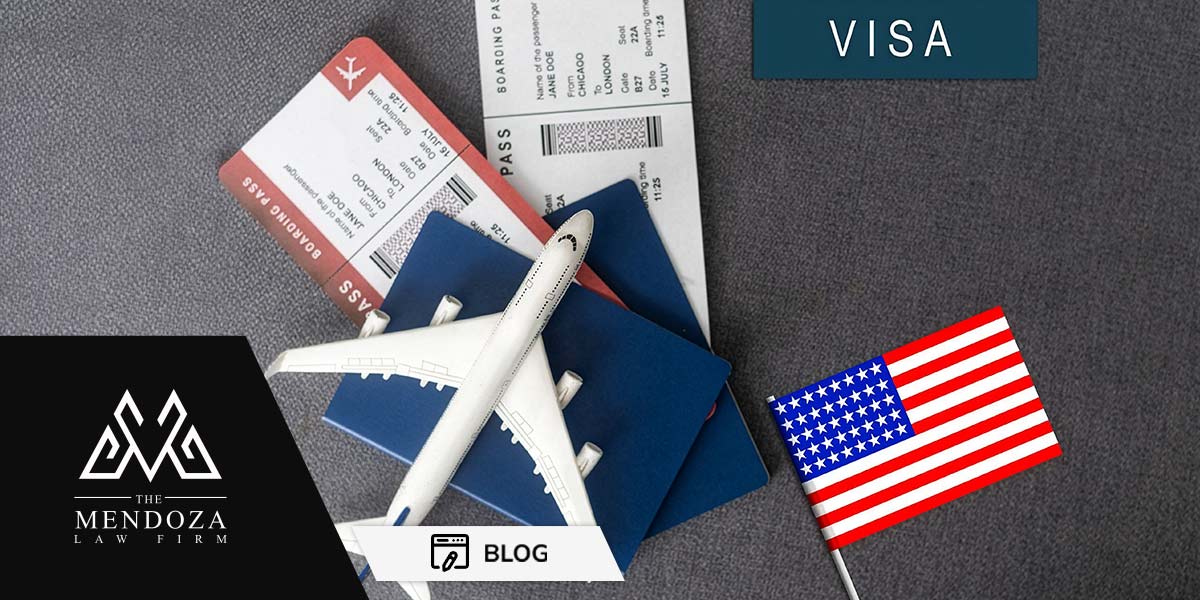Blog
Related Articles

Inmigration laws
What is a Travel Permit and Who Can Apply for One in the United States?
Teresa has lived in the United States for over 25 years without being able to return to Mexico to se...
 María Mendoza
María Mendoza
Published: April 11, 2025

Inmigration laws
Is it possible to regularize migratory status in the US even with previous criminal charges for drugs?
Criminal charges for drugs are serious criminal charges in migratory procedures. Sometimes, even wit...
 María Mendoza
María Mendoza
Published: August 17, 2023

Inmigration laws
Can a green card holder petition for someone without papers?
Hola mi gente, this is attorney Maria Mendoza writing again. Today, we will address a question many ...
 María Mendoza
María Mendoza
Published: October 9, 2024

Inmigration laws
Regularizing migratory status with felonies on the record: The 212(h) waiver
The Waiver 212(h), even though not very known, can pardon certain felonies and can provide a wa...
 María Mendoza
María Mendoza
Published: August 15, 2023

Inmigration laws
Is It Safe to Travel with Advance Parole in 2025 Under the Trump Administration?
December is one of the most emotional months of the year. Many of my clients who haven’t seen ...
 María Mendoza
María Mendoza
Published: December 17, 2025